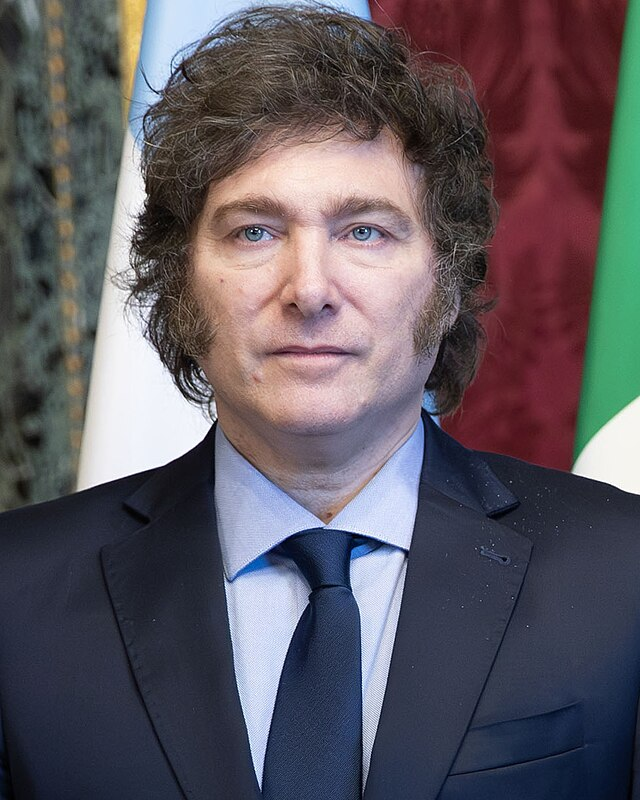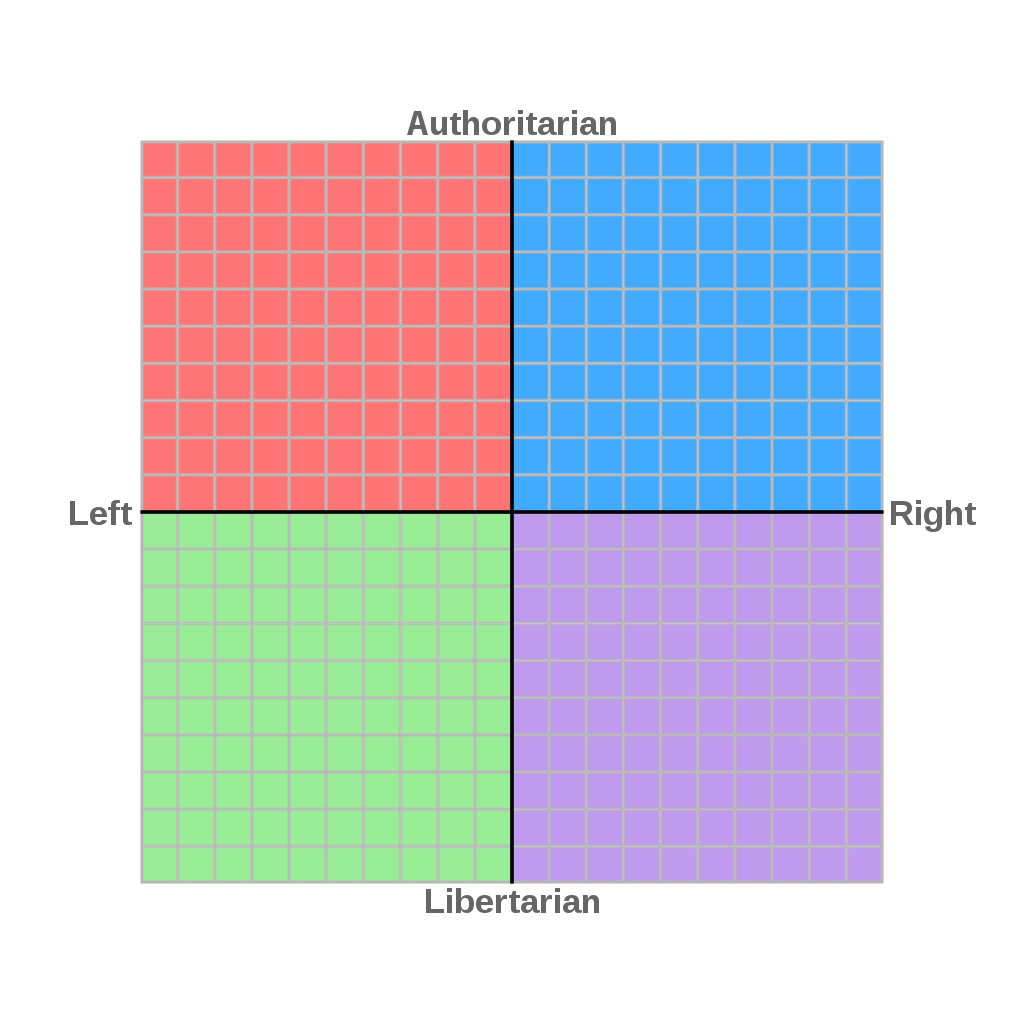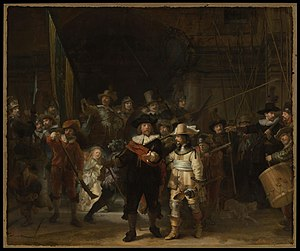For nearly 80 years, Argentinian politics has been dominated by the ideology and economic policies of one man: Juan Perón.

When Perón came to power in 1947, he nationalized key industries, advocated for women’s suffrage, paid off the country’s external debt, and developed a system of social assistance for the most needy. Peronism is described by three core principles:
- Economic Independence: An economy that does not depend on other countries, achieved by promoting national industries.
- Social Justice: The fight against socioeconomic inequalities.
- Political Independence: The non-interference of foreign powers in the country’s domestic affairs.
Perón ruled from 1946 to 1955, was forced into exile, but returned briefly in 1973 amidst intense political strife, dying of a heart attack in 1974. His second wife, Isabel, ruled for the next two years until she was deposed by a military coup.
Since the return of democracy in 1983, Peronist candidates have often dominated elections. Presidents have shifted the party’s policies from center-right, advocating free-market policies and good relations with the United States, to more left-wing social democratic policies in the 2010s.
Argentina once had the potential to be an economic superpower. Over 100 years ago, it was one of the richest countries in the world, exporting a lot of oil. However, economic mismanagement and crippling inflation throughout the 20th century led to the largest government bankruptcy in 2001 after the IMF withdrew support when President Carlos Menem linked the peso to the US dollar. The 9/11 attacks and the subsequent economic slowdown crippled Argentina’s economy, setting the stage for economic challenges in the 21st century.
I don’t have time to cover all the details of Argentina’s economy and its mismanagement, but I highly encourage you to research it. It’s an incredibly interesting read on what can go wrong.
This brings us to 2023 and the election of Javier Milei. Milei identifies as a right-wing libertarian but is widely viewed as far-right by most political commentators. He is known for his abrasive and controversial views, following the Austrian School of Economics, and his flamboyant personal style. He often insulted or cursed at other commentators or reporters during his time as a television commentator in Argentina.

Milei supports laissez-faire economics, aligning with minarchist and anarcho-capitalist ideologies. Minarchy, or a night-watchman state, advocates for a limited government focused on enforcing the non-aggression principle by providing military, police, and courts to protect citizens from aggression, theft, fraud, and breach of contract. Anarcho-capitalism seeks to abolish centralized states in favor of stateless societies where private agencies enforce systems of private property.


The term for minarchism was coined by Ferdinand Lassalle and derived from the watchman system used by various European cities starting in the medieval period. The voluntary militia functioned as a city guard for internal policing and against external aggression.
Milei’s key policies include:
- Free Market Economics: Deregulating markets to allow competition to drive efficiency and innovation. He opposes government subsidies and favors privatization of state-controlled industries.
- Fiscal Conservatism: Advocating for a balanced budget and reducing government debt, believing excessive spending crowds out private investment and leads to inefficiency.
- Monetary Reform: Criticizing central banks for inflationary policies and advocating for a stable currency, possibly tying it to a commodity like gold or implementing strict money supply growth rules.
- Individual Liberty: Emphasizing personal freedoms and limited government intervention, opposing regulations that restrict individual choices and supporting private property rights.
- Privatization: Promoting the privatization of state-owned enterprises to foster competition, reduce government inefficiency, and improve service quality.

Milei seeks to radically overhaul the Argentine economy and government policies. He supports freedom of choice on drug policy, firearms, sex work, and same-sex marriage while opposing abortion and euthanasia. In foreign policy, he advocates closer relations with the United States and Israel, supports Ukraine in response to the Russian invasion, and aims to distance Argentina from China.

One of his major economic policies is the dollarization of the peso. In his first few months in office, he pushed for austerity and deregulation measures. According to Wikipedia:
“Argentina’s inflation slowed in February for a second consecutive month as Milei continued to push austerity and deregulation measures to revive the struggling economy. Monthly inflation slowed to 13.2% in February, compared to 20.6% in January and 25.5% in December. Argentina’s dollar-denominated international bonds reached new highs in March, with the 2029 and 2030 issues close to or at record high prices. The bonds have rallied from lows that took the 2030 issue to 18.125 cents in July 2022, fueled by investor bets that Milei’s cabinet will successfully transform the economy.”

One of his major decrees, signed on December 23, 2023, called Decree 70/2023, aimed to:
- Convert state-owned enterprises to Sociedades Anónimas, exposing them to risks like bankruptcy if poorly managed and allowing state shares to be transferred to employees.
- Reduce compensations owed to terminated or laid-off employees and allow workers to choose their own healthcare providers.
- Make permanent traffic obstructions against organizations illegal.
- Abolish registries and authorizations for importers and exporters, aiming to reduce paperwork and digitalize processes.
- Remove rent control regulations and allow rents to be set in dollars instead of pesos.

Milei and his cabinet after signing the degree
To discuss Milei’s policies, I interviewed Andre Malebran, a reporter from Santiago, Chile.
Interviewer: Please state your name for the record. What do you do?
Andre: My name is Andre. I’m a Chilean journalist.
Interviewer: What are your thoughts on Milei in general?
Andre: Milei has two important sides. Economically, he offers something radical, especially for Argentina, which has been largely defined by socialism under Peronism. His view of liberalism is a significant departure. He is also a charismatic right-wing politician with strong support for Israel and an interest in Judaism, possibly linked to his economic policies and foreign investment opportunities. However, his confrontational politics could create diplomatic tensions, which may destabilize the government. Despite managing inflation well recently, making enemies could be detrimental.
Interviewer: Do you think his radical economic policies will fix Argentina’s economy?
Andre: So far, inflation has decreased to 90% in five months, which is historically significant. Similar shock policies have worked in other countries, like Chile during Pinochet’s regime. Despite facing major strikes, Milei’s approach of reducing spending and not printing more money is causing deflation. If the measures hold, we might see positive results by year-end. However, the current reduction in inflation might mask underlying issues like deflation and reduced production.
Interviewer: Is he doing the right thing in addressing inflation in Argentina?
Andre: He hasn’t passed any laws in Congress, which has been rejecting his agenda. Recently, he stated he won’t approve new budget changes involving payments. This tension aims to stop economic bleeding by cutting payments, including pensions, and managing the peso’s devaluation. Transitioning Argentina’s economy to a dollar-based system by year-end would be a significant achievement.
Interviewer: How do you think his social policies will affect his economic policies?
Andre: Diplomatic tensions are rising, with incidents involving Spain, Israel, Russia, and China. Argentina, dependent on financial swaps from China, is now seeing those payments stop due to Milei’s stance. His lack of diplomatic caution might open new issues for Argentina.
Interviewer: Is he a true libertarian, or more like Jair Bolsonaro as a far-right populist figure?
Andre: Milei’s rhetoric borrows heavily from libertarian ideas, unlike Bolsonaro, who was more conservative. Despite being on the right, Milei’s recent political entry contrasts with Bolsonaro’s long-term involvement. Milei’s refusal of his congressional salary and direct public engagement show his dedication to his principles. Fundamentally, they are different, and Milei seems poised for a more significant impact than Bolsonaro.
Interviewer: Could the libertarian wave replace the pink tide of socialist governments in South America from the late ’90s and early 2000s?
Andre: Milei represents a new phase mixing totalitarian elements with basic democratic protections. In South America, security is deteriorating, and public sentiment is shifting towards harsher measures. While we might not see a return to full totalitarianism, democracy could face crises, especially regarding security. Over the next two decades, we might see increased fragility in democratic institutions and significant human rights issues, with governments focusing more on security than on upholding rights.
Interviewer: Thank you for your insights.
Andre: You’re welcome.
It’s too early to say if Milei’s policies will solve Argentina’s economic problems, but they represent a major shift in the political landscape. This shift is not just in Argentina but also in South America and globally. Similarly, in El Salvador, Nayib Bukele has undertaken drastic economic and political reforms, including accepting Bitcoin as legal tender and implementing a tough-on-crime policy. While this has brought wealth and reduced crime rates, it has also led to overcrowded prisons and concerns about innocent people being jailed.
Libertarianism has never taken off globally, despite being the third largest party in the United States. However, Milei’s election could signal a shift in global politics toward radical change or be a brief hiccup. It’s too early to tell.